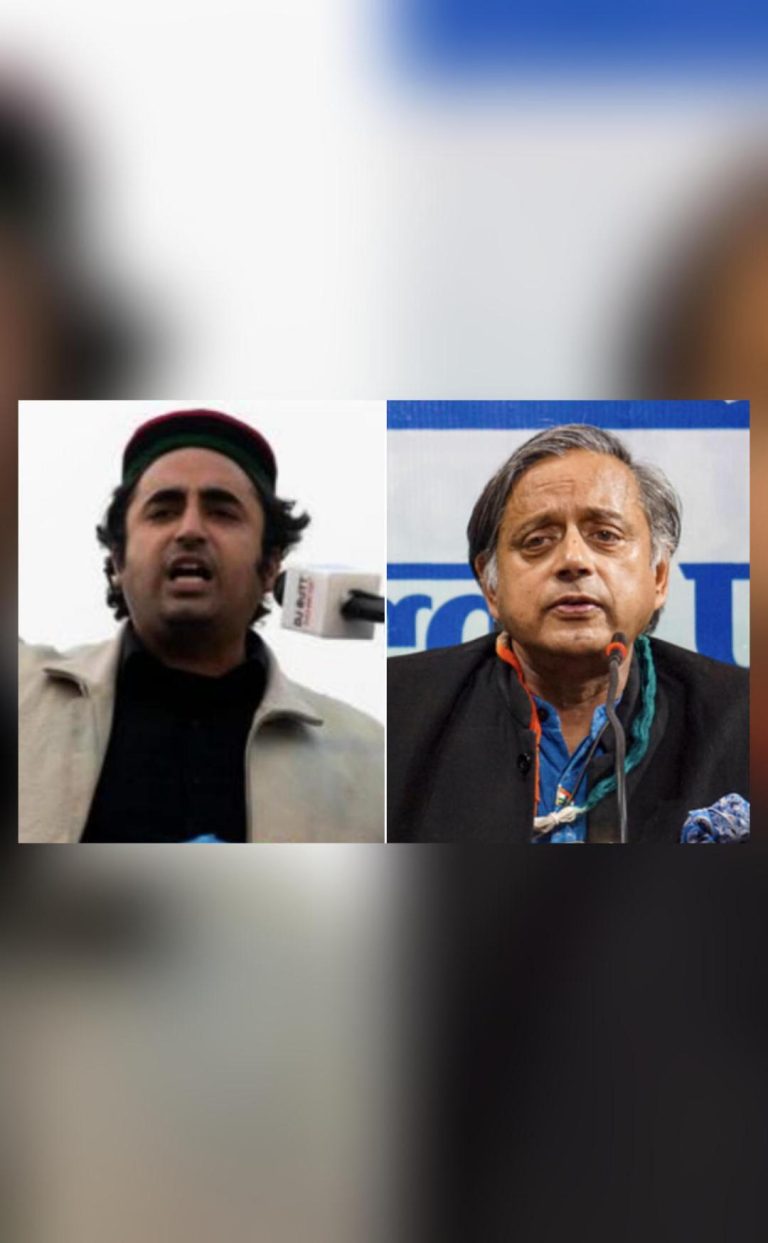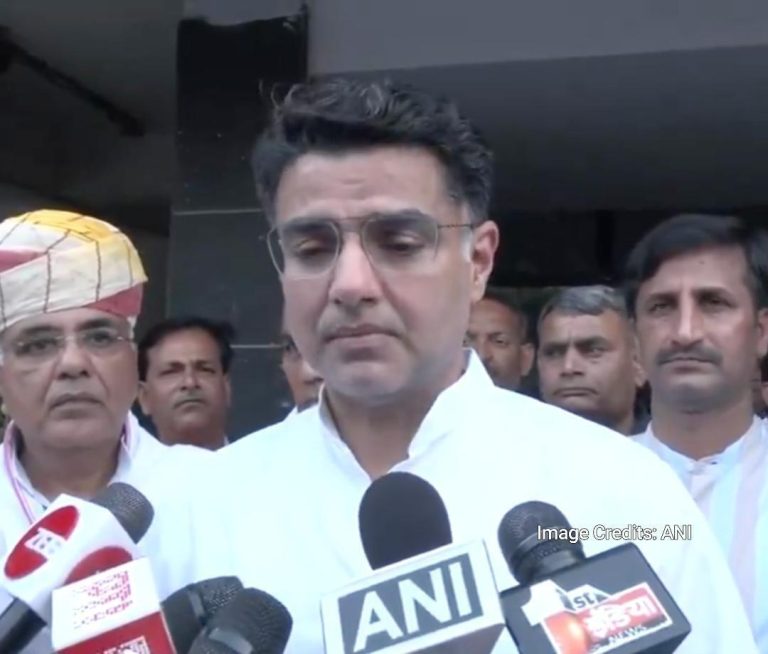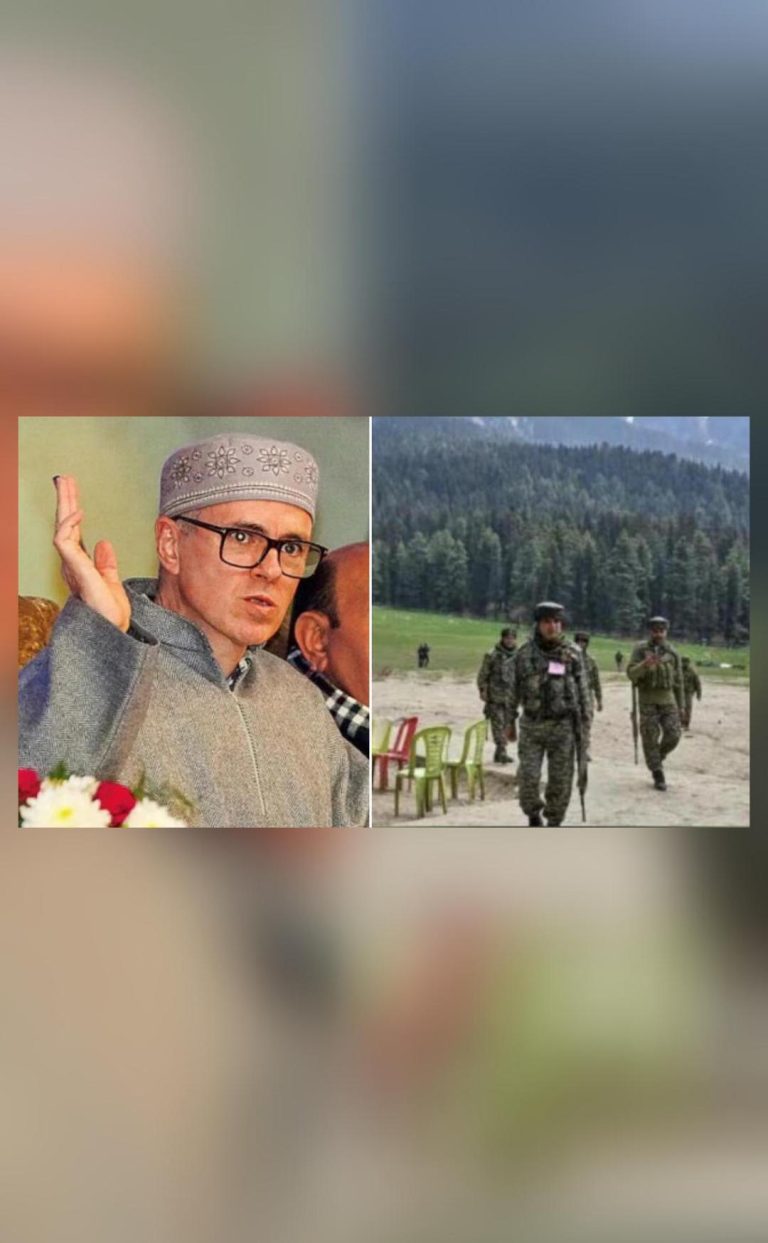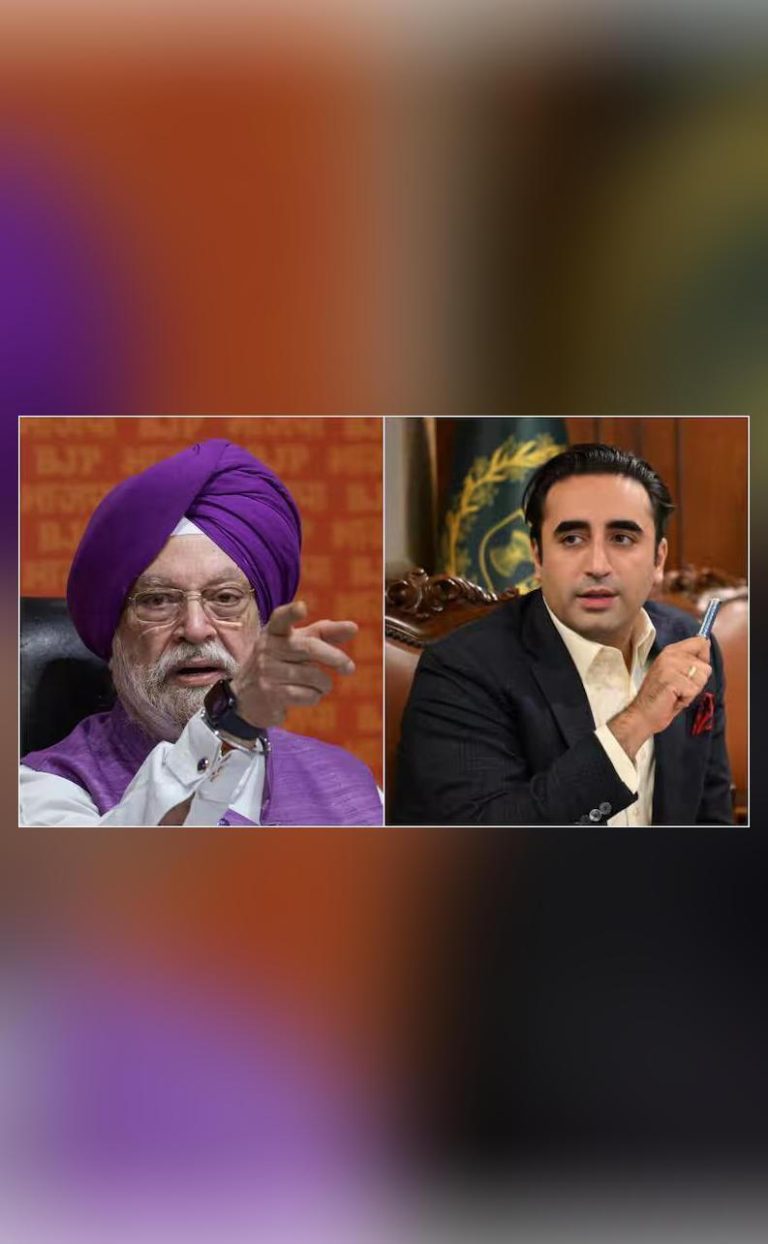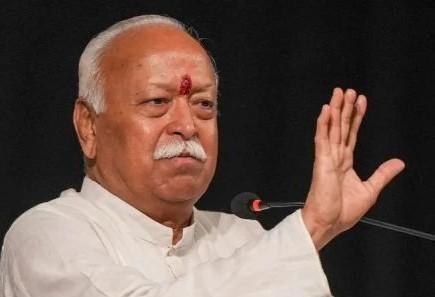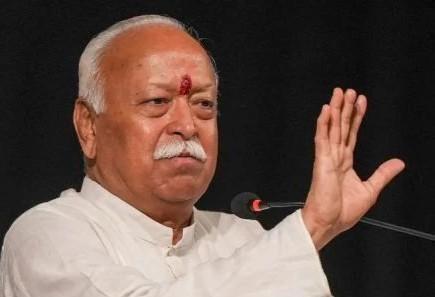
If someone turns to evil then we’ll teach lesson: Bhagwat on J&K attack
In a recent statement, RSS chief Mohan Bhagwat addressed the recent terror attack in Pahalgam, Jammu and Kashmir, saying that India’s religion is non-violence, but so is teaching a lesson to “oppressors and hooligans”. This statement has sparked a lot of debate and controversy, with many questioning the stance of the RSS chief.
The recent terror attack in Pahalgam, which left several people injured, was a stark reminder of the ongoing conflict in Jammu and Kashmir. The attack, carried out by militants, has left the people of the region feeling vulnerable and scared. In the wake of this attack, Mohan Bhagwat’s statement has added fuel to the fire, with many calling it a provocative and inflammatory remark.
Bhagwat’s statement was in response to a question about the recent violence in Jammu and Kashmir. He said, “We never harm or disrespect our neighbours, but if someone is bent on being evil, what is the cure? The king’s duty is to protect the people, and he will do his duty.” These words have been taken out of context by many, who are interpreting them as a call for violence against those who are perceived as “oppressors and hooligans”.
However, it is essential to understand the context in which Bhagwat made this statement. The RSS chief was not advocating for violence against any individual or group, but rather highlighting the importance of protecting the people of India from those who seek to harm them. He was emphasizing the role of the government in ensuring the safety and security of its citizens.
Non-violence is indeed a fundamental principle of Indian culture and philosophy. India’s struggle for independence was led by Mahatma Gandhi, who advocated for non-violent resistance against colonial rule. The idea of non-violence is deeply ingrained in Indian society, and it is essential to uphold this principle in all aspects of life.
However, the reality is that India is not immune to violence and terror. The country has faced numerous attacks in the past, and the recent attack in Pahalgam is a stark reminder of the ongoing threat posed by militant groups. In such situations, the government has a responsibility to protect its citizens and take all necessary measures to ensure their safety.
Bhagwat’s statement is not a call for violence, but rather a call for the government to do its duty in protecting its citizens. The RSS chief is emphasizing the importance of upholding the principles of non-violence while also acknowledging the reality of the situation. He is not advocating for violence against any individual or group, but rather highlighting the need for the government to take a firm stance against those who seek to harm India and its people.
Many have criticized Bhagwat’s statement, saying that it is provocative and inflammatory. However, it is essential to understand the context in which he made this statement. The RSS chief was not advocating for violence, but rather highlighting the importance of protecting the people of India.
In conclusion, Bhagwat’s statement is not a call for violence, but rather a call for the government to do its duty in protecting its citizens. The RSS chief is emphasizing the importance of upholding the principles of non-violence while also acknowledging the reality of the situation. It is essential to understand the context in which he made this statement and not take it out of context.
Source: https://youtu.be/SpAKVWl5wII
